RANGAMATI, June 24 (V7N) – Leaders of the Chittagong Hill Tracts (CHT) Citizens' Council of Rangamati district have submitted a memorandum to the Chief Adviser, demanding that appointments and scholarships within the Hill District Councils be made in proportion to the population of various ethnic groups. The memorandum was presented to Rangamati Deputy Commissioner Md. Habib Ullah Maruf on Monday, June 23, 2025.
The delegation present at the Deputy Commissioner's office included Mohammad Solaiman, President of the Chittagong Hill Tracts Citizens' Council Rangamati District, along with Vice President SMG Azam, General Secretary Dr. Muhammad Ibrahim, Joint Organizing Secretary Maulana Ibrahim, General Secretary of the Women's Council Morsheda Akhter, and Student Council leader Tajul Islam.
The memorandum states that the demand for proportional representation stems from a student movement aimed at eliminating discrimination at all levels of state and society, ensuring fair rights for all people based on merit. The leaders expressed hope that the interim government's formation would lead to the establishment of fair rights for Bengalis, who they claim have been victims of long-standing discrimination in the CHT, as well as for backward small ethnic groups.
They specifically called for an end to the "long-standing policy of discrimination" in recruitment, educational stipends, and development activities under the three Hill District Councils and the Chittagong Hill Tracts Development Board, which falls under the Ministry of Hill Tracts Affairs.
The memorandum highlights that the newly formed interim government's hill district councils are, "very unfortunately," continuing discriminatory practices. It states that the Rangamati Hill District Council has adopted a policy of allocating 30 percent of jobs and scholarships to Bengalis and 70 percent to ethnic communities, despite Bengalis constituting about 54 percent of the hill areas' population. According to the 2022 census, Bengalis make up 42.42% of Rangamati Hill District's population, while Chakmas are 42.67%.
The Citizens' Council further argues that within the 70 percent reserved for ethnic groups, the majority Chakma community dominates, leading to the deprivation of opportunities for marginal communities such as Khiang, Lusai, Tanchangya, Khumi, and Assam. For context, as per the 2022 census data for the entire CHT, major ethnic groups include Chakma (24.68%), Marma (11.38%), and Tripuri (7.23%), while smaller groups like Bom (0.67%), Khyang (0.23%), Khumi (0.18%), Chak (0.15%), Pankho (0.08%), and Lushei (0.01%) represent much smaller proportions of the overall population in the CHT.
The memorandum concludes with a strong demand to eliminate the existing discriminatory policy in the Hill District Councils and to distribute all types of employment and educational scholarships in proportion to the population, aligning with the "anti-discrimination spirit" widely associated with the current interim government that came to power following the "July Revolution" (also known as the Student-People's Uprising Day), which initially started as a quota reform movement.
END/AMR/RH/



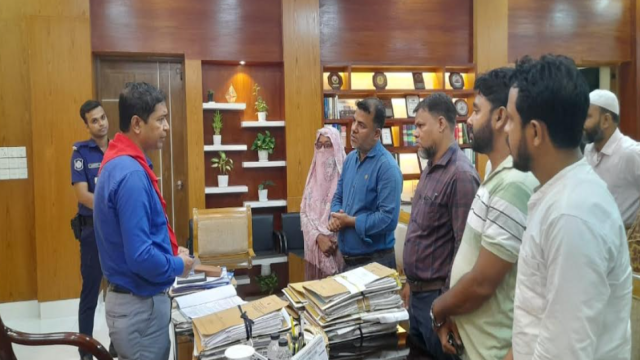
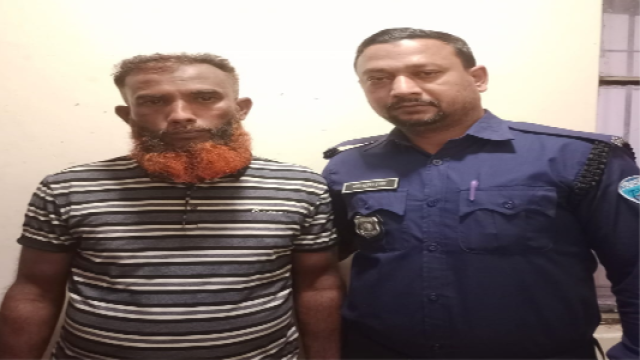


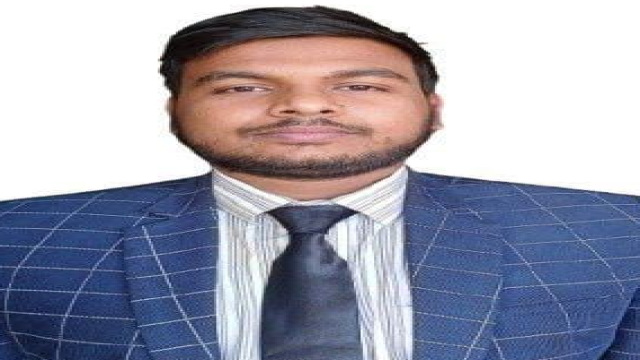
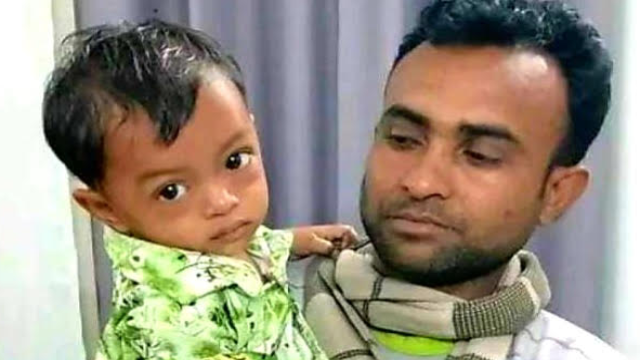
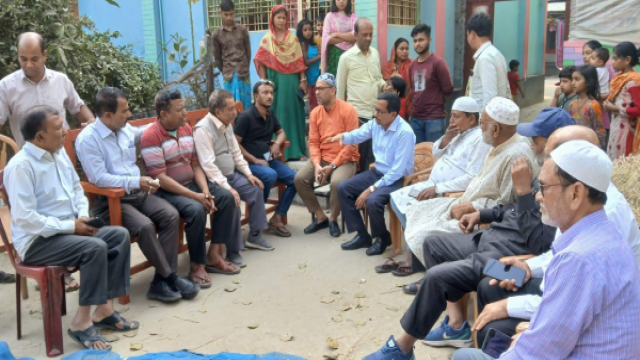



















Comment: